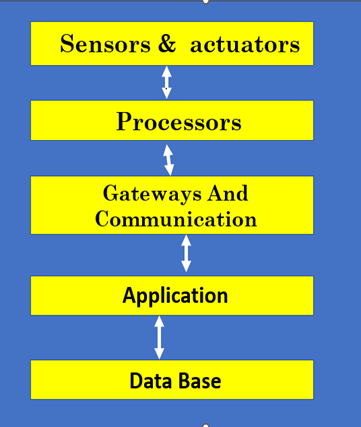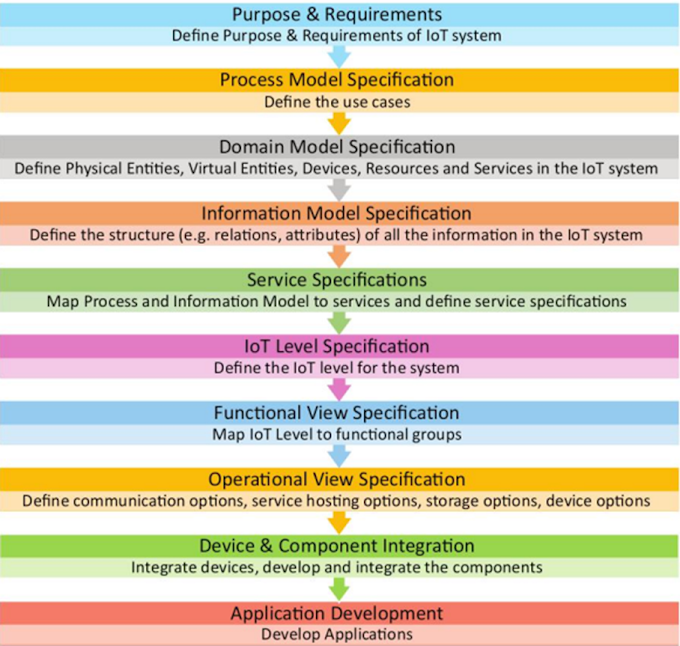Application-level security in the Cloud
Definition
·
Secure
software applications deployed in cloud environments (or on-premises) against
threats like unauthorized access, data breaches, injection attacks, and other
exploits.
· Features of Application-Level Security
Application-level security is
characterized by the following key features:
1. Input Validation and
Sanitization:
2. Authentication and Authorization:
3. Data Protection:
4. Session Management:
5. Error Handling:
6. Secure Communication:
7. Code Security:
Types of Application-Level Security
Application-level security can be
categorized based on its focus areas:
1. Web Application Security:
2. API Security:
3. Mobile Application Security:
4. Serverless Application Security:
5. Containerized Application Security:
Tools for Application-Level Security
A variety of tools are used to
implement and maintain application-level security in cloud environments:
1. Web Application Firewalls
(WAFs):
2. Static Application Security Testing (SAST):
3. Dynamic Application Security Testing (DAST):
4. API Security Tools:
5. Runtime Application Self-Protection (RASP):
6. Cloud-Native Security Tools:
7. Penetration Testing Tools:
Techniques for Application-Level Security
To secure applications effectively,
several techniques are employed:
1. Secure Coding Practices:
2. Input Validation and Sanitization:
3. Authentication Mechanisms:
4. Authorization Controls:
5. Encryption:
6. Secure Session Management:
7. Vulnerability Scanning and Patching:
8. Logging and Monitoring:
9. DevSecOps Integration:
Advantages of Application-Level Security
1. Targeted Protection:
2. Granular Control:
3. Proactive Défense
4. Compliance Support:
5. Scalability in Cloud:
6. Enhanced User Trust:
Limitations of Application-Level Security
1. Complexity:
2. Performance Overhead:
3. Dependency on Developers:
4. Incomplete Coverage:
5. Evolving Threats:
===================================================



0 Comments